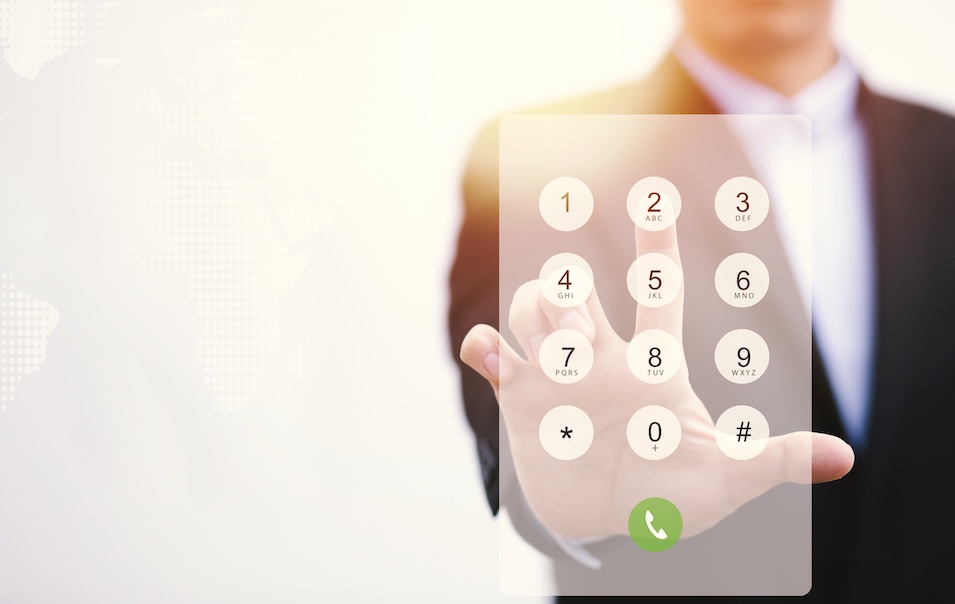Have you ever really needed a second number but just didn’t want the hassle of a second line or mobile phone? Thankfully there is no need for either of those with a virtual phone number.
If you’re wondering what one of those actually is, well it’s a telephone number that is not associated with any physical location. Instead, it is assigned to a specific software application or service and can be used to manage calls and messages from customers. Virtual numbers can also be used for toll-free calling, faxing, or international calling.
If you’re now wondering whether a virtual mobile number might be the answer to your business needs, we have all the information you need to be able to make a decision.
The Different Types of Virtual Numbers
Before we get started on the whys and hows, it’s essential to know that there are several different types of virtual numbers –
1) Geographic Numbers – These are virtual phone numbers that are tied to a specific geographical area. They can be used for local calling or to receive calls from people in other areas.
2) Toll-Free Numbers – Toll-free numbers allow customers to call your business without being charged fees.
3) Vanity Numbers – These numbers are memorable phone numbers that spell out a word or contain special characters.
4) Direct Inward Dial (DID) Numbers – DID numbers allow you to route calls directly to individual extensions within your company’s phone system.
How Does A Virtual Number Work?
A virtual number is a telephone number that is not associated with a physical phone line. Instead, the virtual number is routed over the internet to either another phone or voicemail system.
This allows businesses to have local contact numbers in different areas without setting up and maintaining physical phone lines in each area. Additionally, it provides a measure of security by allowing calls to be redirected to another location if the business’ main line becomes unavailable.
Why would someone choose to use a virtual number?
Anonymity
There are many reasons why someone might choose to use a virtual number, and perhaps the most obvious reason is that a virtual number can provide privacy and anonymity for the caller. By using a virtual number rather than your personal phone number, you can keep your identity hidden from strangers or companies that you don’t want to have your contact information.
No Roaming Fees
If you’re traveling or working in another country and want to make calls back home without paying expensive roaming rates, using a virtual number can allow you to do so at a fraction of the cost.
Separation of Work and Home
If you only have one mobile number, you never know whether it’s your crucial customer calling or your best friend ringing up for a chat. When that call comes in on a Friday evening, and you are in a noisy bar, then taking the call could be disastrous if it is the client.
With a virtual number, you will immediately know whether it’s your work or personal number that’s ringing, and then you can decide whether or not to take the call.
Business Expansion
Virtual numbers can also be beneficial for businesses looking to expand their reach into new markets without having to set up physical offices in those locations. With a virtual number, companies can receive calls anywhere in the world with no long-distance charges.
Ease of Keeping Contacts Updated
And finally, for people who frequently change phones or SIM cards, having a dedicated virtual phone number provides an easy way to keep your old contacts updated with your latest contact information. That means no more needing to constantly update everyone’s details manually.
Are there any disadvantages to using a virtual number?
There are a few disadvantages to using virtual numbers:
1. Virtual numbers aren’t always tied to a physical location, so they may not be suitable for businesses that require a local presence. But you can get a geographically based virtual number, so do remember to request that from a supplier if needed.
2. It can be more difficult to track customer activity and communications with virtual numbers than with traditional landline or cell phone numbers.
3. Virtual phone systems don’t provide all of the functionality that comes with phone systems, which means that calls are still processed on your mobile or home phone network. As a result, you will be charged for the call on the virtual system while also using your mobile or home phone minutes.










